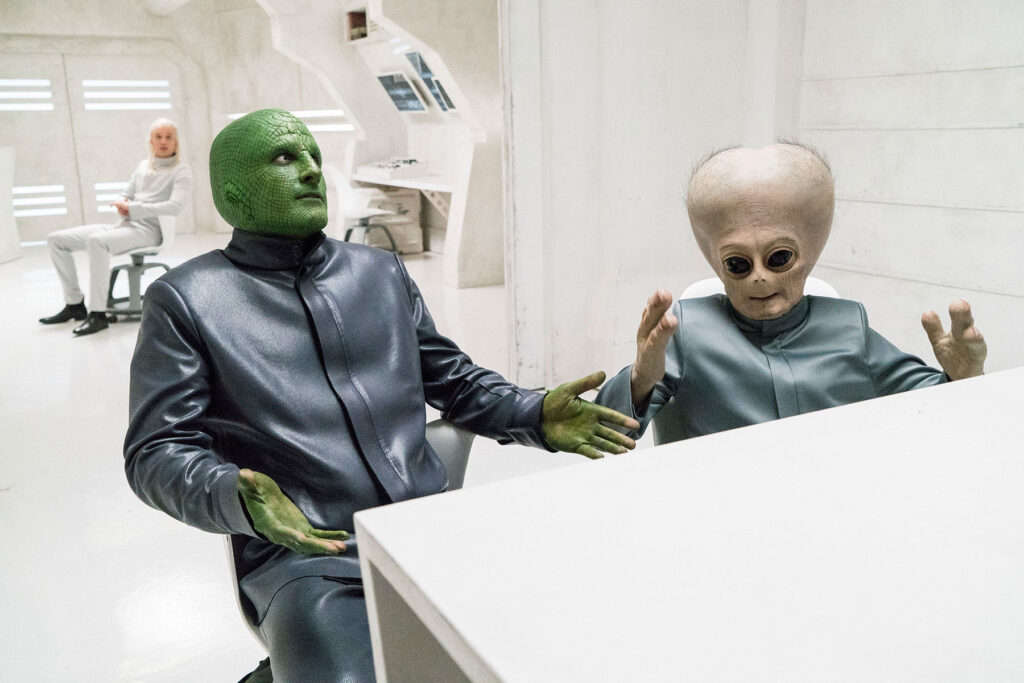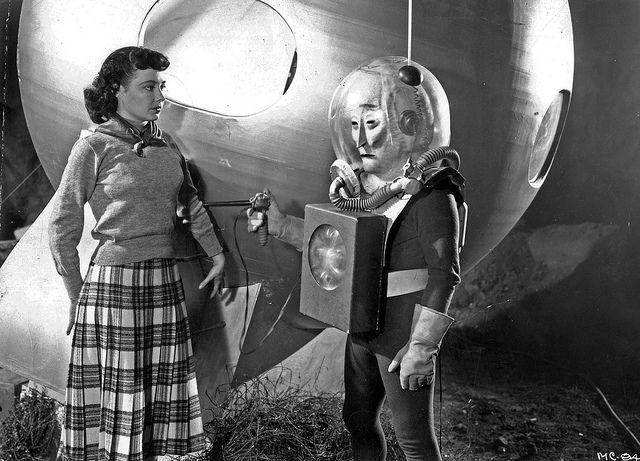
Writing about the future is often a part of writing a science fiction story. When you do so, it is hard to avoid prediction; however, isn’t fiction a form of prediction? You predict what will happen when a character, place, or situation is invented. Just because your timeline didn’t happen doesn’t mean it’s wrong or won’t happen. It just means that the author took their story in that direction. Supplying dates is necessary for story writing. In this way, I agree that scifi authors predict the future, but get it wrong? Really! Just because it looks familiar, like having nuclear weapons, and you know the dilemma, will we use them, doesn’t mean the author thinks it has to go a certain way. It just means they take that concept and create a story around it. Once a scenario is “predicted,” can you criticize it because it didn’t happen? That seems unfair.
The beauty of scifi is that you can play with concepts and ideas to find out what could happen without getting excited about it. That is called a thought experiment, and it is beneficial.
As we all know, people, professional critics, and lay people like to pick apart and claim a miss when reviewing these “predictions.” I suppose they do the same thing with alternate histories, but I bet not as much.
Science Fiction authors do discuss, especially back and forth with fellow authors, what was missed and what wasn’t. “The standard advice is to be aggressive in your predictions; there’s this notion that the future always comes faster than you think it will,” suggests Robert Sawyer, a Hugo Award winning author1. Or, contradicting this line of thought: “Most sci-fi authors don’t try to predict the future but instead satirize or comment on their own times.” Samuel R. Delany said in an interview that sci-fi doesn’t predict the future but instead offers “significant distortion of the present.” Many other sci-fi authors have made similar statements, saying their extrapolations are not predictions.2
“But, actually, I think a lot of us underestimated social inertia,” he adds. “Most of us predicted a secular 21st century, and it’s anything but that. The world is like a person: It doesn’t change as it gets older. Rather, it simply becomes more obviously what it always was. People always liked having phones and portable music, but most people never wanted to lug a camera, or an e book reader, or a PDA around. The future is adding functionality to those things we’ve already admitted into our lives, not trying to convince people they need new categories of things; the iPhone—the all-in-one device that is, first and foremost, something familiar—is the correct paradigm.”1
However, if we want to discuss just what some previous novels and movies have “predicted,” there are some interesting comments to be had.
In 40 Different Times Science Fiction Was Wrong by Joe Burgette December 15, 20193, Mr. Burgette offers up some good examples.
When discussing future projections, saying it couldn’t happen is foolish. Here are some examples of what I am referring to3:
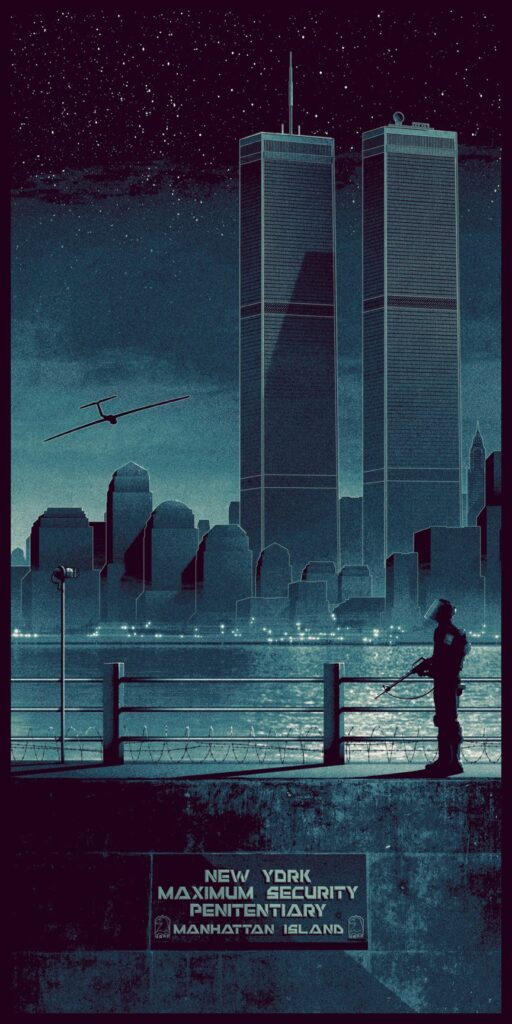
“By 2019, forced labor camps are put into place where criminals, both framed and guilty, are sent. None of this happened nor could, but of course, this film (Escape from New York) did come out in 1987.” My question for this is, don’t totalitarian states do many things that seem unthinkable? I can see the government giving up if things got too bad, and it is really bad now.

2. “Yet one of the biggest things they mention is a mission to colonize Alpha Centauri. To be fair, they never really managed to do this either. Hence the “lost” portion of the name. Yet we likely won’t send people on a mission to colonize this area (referring to the original series Lost in Space 1965 to 68). Just to get to Alpha Centauri, it’ll take around 100 years!” What, no improvement in space travel?” Goodness, we have just begun and already things are improving quickly.
3. “The 12 Monkeys movie stars Bruce Willis and Brad Pitt and was released in 1995. They gave themselves an over 20-year window but missed the mark a lot. The plot of the film is that a virus is released in 1996, which is now wiping out mankind heavily by 2035.” “We’re around 25 years in the future and no deadly virus has happened, so we’re likely good.” It may be unfair to criticize this, as it was written in 2019. However, we already had the Flu Pandemic in 1918, which caused an estimated 25 million deaths. However, some researchers have projected that it caused as many as 40–50 million deaths. And, of course, the Bubonic plague, which killed as many as 50 million back in 1346-1353 and is considered one of the most fatal pandemics in human history. Our pandemic was in 2020-22, not 1996-2016. Again, it’s not precisely the correct projected time, but saying “we’re likely good” is flippant. I’m sure the COVID victims wouldn’t feel the pandemic was inconsequential. If the COVID virus was made in a lab, the intent was to have this goal of genocide only with control to save those who let it loose. This assumes it was a whoops that escaped before the fiddling was permanent. Another cautionary tale worth writing about.
What about predictions that did come true?
In Book Riot’s 20 of the Most Accurate SciFi “Predictions” by Grace Lapointe2 I have some examples:
1. Frankenstein by Mary Shelley
“Some readers think it predicted future innovations from organ transplants to genetic engineering.”
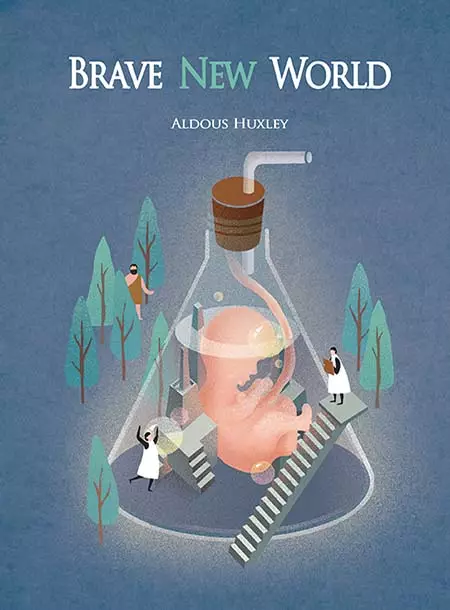
Illustration 4 cover of Brave New World
2. Brave New World by Aldous Huxley
“I find the cloning process the novel’s most remarkable idea. Some readers, however, think that its mood-altering drug, Soma, was more prescient and anticipated antidepressants.”
3. Fahrenheit 451 by Ray Bradbury
“This 1953 dystopian novel contains in-ear listening devices called Seashells. People have recently compared these to Bluetooth and AirPods. This is impressive, considering they even predate stereo headphones, and transistor radios were new technology then. The novel’s other innovations include flat-screen TVs and banking machines, which resemble ATMs.”
4. Snow Crash by Neal Stephenson
“When Facebook changed its name to Meta in 2021, several people pointed out that Neal Stephenson coined the word Metaverse in his 1992 cyberpunk novel. Like many other examples in this article, Stephenson’s Metaverse is dystopian. Snow Crash’s characters are so poor that virtual reality seems preferable to their bleak lives and tiny living spaces. So, I think Meta’s claim that people will enjoy playing, shopping, and working in their Metaverse seems bizarre and deeply ironic.”
5. Looking Backward: 2000–1887 by Edward Bellamy
“Bellamy was the first person to coin the term “credit card” in 1888. The first real credit card would not be invented until 1950 — 62 years later. The protagonist of this novel falls asleep for 113 years, Rip van Winkle-style. He wakes up in the year 2000, in a utopian society. Here, people buy items on credit in stores resembling a modern wholesale clubs like BJ’s or Costco. Bellamy’s ideas generated a lot of discussion soon after publication.”
“But are these really predictions?
Ms. Lapointe says, “It’s debatable, but I don’t think so. Most of them are interesting coincidences or astute observations of the authors’ present. In William Gibson’s case, for example, he influenced the future as much as he predicted it. The goal of sci-fi is not prediction but imagining stories free of constraints. Authors aren’t oracles and usually aren’t trying to predict anything. For every vision of the future that seems prophetic, there are others that end up absurdly inaccurate or dated.”2
“It was Wells who advanced what is now a vibrant literary tradition of predicting the onward march of technology. In “The Future Through Yesterday,” Stephen J. DeCanio notes that:
“‘Wells’s vision of future technology is rich. Wells imagined technological developments that altered the physical landscape. By 2100, people were concentrated in huge cities (the projected population of London is thirty three million) that are walled, not against any external threat but rather as a convenient means of controlling the weather…Wells also anticipated television, VCRs, and powered commercial and combat aircraft.’”4
“Trying to predict the future is a discouraging and hazardous occupation,” Arthur C. Clarke declared in 1964, and yet he got it astoundingly right in his own predictions, including his 1968 vision for the iPad. He wasn’t alone — Isaac Asimov predicted online education, Douglas Adams predicted e books, Ray Bradbury predicted that we would reach Mars (though, so far, we’ve only done so with robotic extensions of ourselves), and Jules Verne envisioned the hi-tech Nautilus “at a time when even a can-opener [was] considered an exciting new concept.”
In fact, science-fiction authors have a formidable track record of predicting the future — but why?”5 That’s exactly what Joe Hanson of It’s Okay To Be Smart — who has previously explained the science of why we kiss and the mathematical odds of finding your soulmate. “At its core, good science fiction must rest on good science…”5
Science fiction doesn’t predict the future. It inspires it.6
William Shatner is going to space because Jeff Bezos loves Star Trek.
Cell phones and the Apple Watch were inspired by Dick Tracy’s wrist radio.
Science fiction inspired scores, hundreds, perhaps thousands of people to study, to become engineers.
We also have to know- some of these wild ideas may already be here!
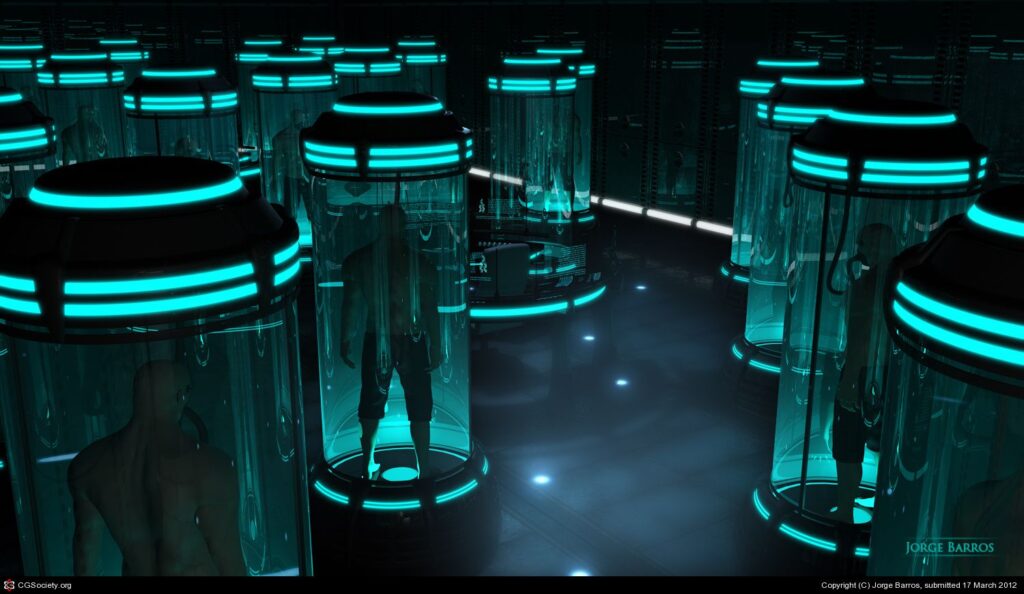
I wouldn’t be surprised, (but don’t know) if there are human clones, AI Killer Robots, aliens living among us, aliens about to attack for our “stuff”, and Artificial Intelligence smarter than us and monitoring us, ready to pounce? I don’t mean that in a paranoid way, but in a way that takes into account how humans act. It is against the law to clone humans so would you announce it if you did that? Is it such a leap from Dolly the cloned sheep of 1996 to trying humans. You may say that because Dolly didn’t last it’s unlikely that a human clone exists… Well, maybe cloning has been perfected, or maybe someone plowed ahead to figure it all out. Sometimes, when you see the cutting edge stuff it is surprising how far ahead humans are that we haven’t known about unless we go looking.
Science Fiction writing about the future is not meant to be accurate. It is meant to be a forewarning of what could be or just fun. Sci-fi stories can include extrapolations of different ideas and situations of today, even yesterday, and then look ahead from that particular issue and see what could be.
“No sensible science-fiction writer tries to predict anything,” says Frederick Pohl, whose work includes the classic The Space Merchants (written with Cyril M. Kornbluth), MAN PLUS, and most recently The Last Theorem, co-authored with the late Arthur C. Clarke. “Neither do the smartest futurologists. What those people do is try to imagine every important thing that may happen (so as to do in the present things which may encourage the good ones and forestall the bad) and that’s what SF writers do in their daily toil.”1
@ JM Strasser 2024 All Rights Reserved
Footnotes
2. https://bookriot.com/accurate-sci-fi-predictions/
3. https://sciencesensei.com/40-times-science-fiction-was-wrong-about-predicted-future-events/
4. https://daily.jstor.org/can-science-fiction-predict-the-future-of-technology/
5. https://www.themarginalian.org/2014/02/20/joe-hanson-scifi/
6. https://bigthink.com/the-present/sci-fi-predict-inspire-future/
Illustrations
1. https://i.pinimg.com/originals/f2/2c/01/f22c016cac1ff15a8048a30d5ae0a855.jpg
2. https://i.pinimg.com/originals/83/ea/a2/83eaa22ce006c1f015024fd085aa5f92.jpg
3. https://i.pinimg.com/originals/99/6a/f0/996af023b2eae69e869241039833ad5d.jpg
4. https://sciencesensei.com/40-times-science-fiction-was-wrong-about-predicted-future-events/
5. https://i.pinimg.com/originals/5f/7c/54/5f7c54f08b65a4b7dd8bdd3aae7a4c76.jpg
6. https://static.rogerebert.com/redactor_assets/pictures/58151178e9fbc32448000140/new-poe-7.jpg
